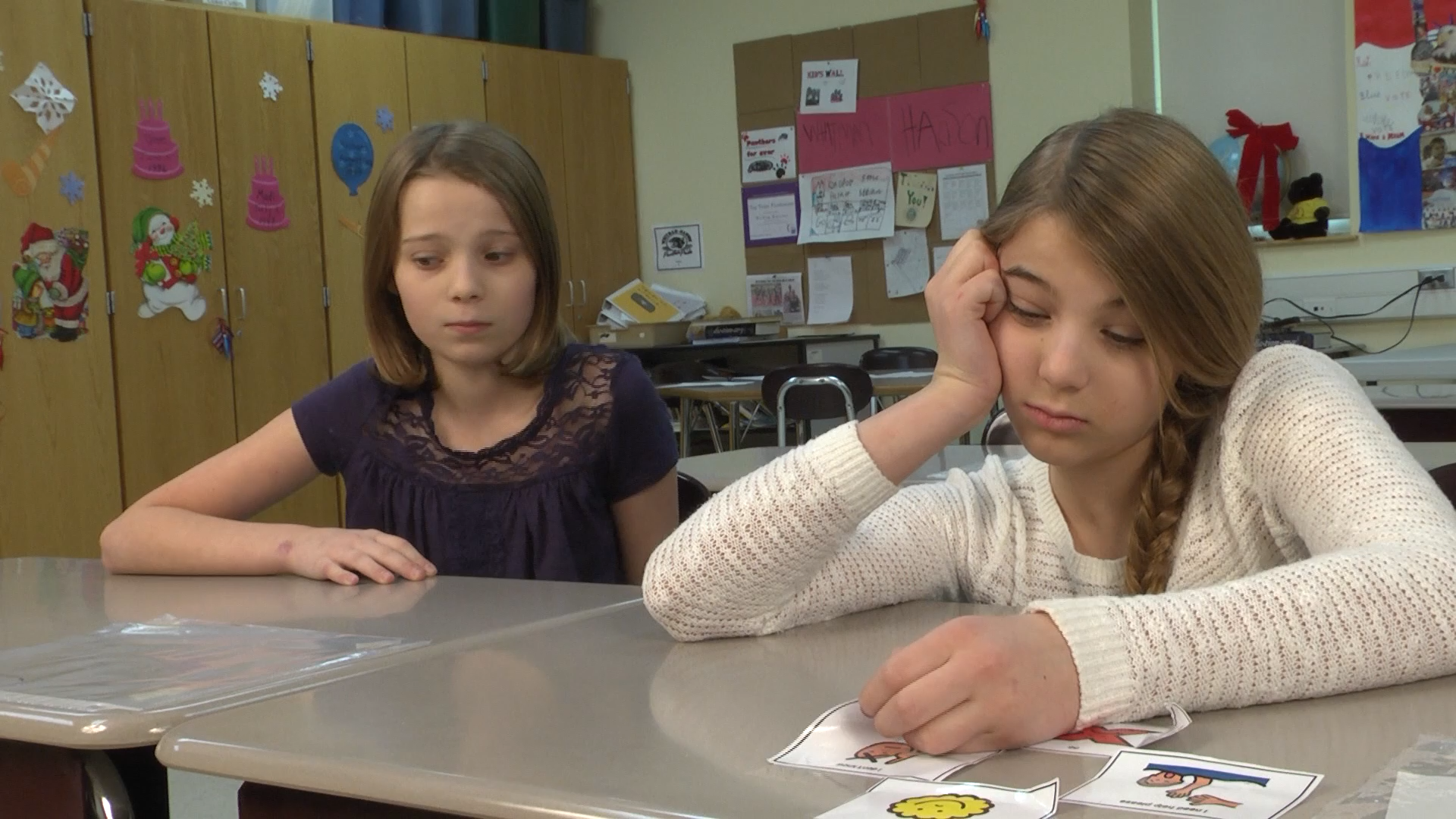
Introduction
In the complex world of social interactions, it’s crucial for children to learn and understand that different people have different interests. This understanding can help students develop empathy, respect, and effective communication skills. One essential aspect of successful communication is the ability to show interest in what others are saying, even if the subject is not personally appealing. By acting interested, we can foster meaningful connections and avoid hurting others’ feelings. In this blog post, we will discuss a no-prep activity that educators can use to teach this vital social skill to elementary students, along with discussion questions, related skills, and next steps.
No-Prep Activity
The “Interest Charades” activity is a fun and engaging way for students to practice showing interest in conversations. To play, students will need to form pairs. One student will be the “Speaker” and the other will be the “Listener.” The Speaker will choose a topic they are genuinely interested in and share it with the Listener. The Listener’s job is to act interested in what the Speaker is saying, even if they don’t share the same enthusiasm for the topic. The Listener can demonstrate interest by making eye contact, nodding, and making small comments, such as “Wow!” or “That’s interesting.” After a few minutes, the roles will switch, and the Listener will become the Speaker, choosing a new topic.
Once all students have had a chance to play both roles, gather the class together to discuss their experiences and what they learned about showing interest in conversations.
Discussion Questions
- How did it feel when your partner showed interest in what you were saying? How did it make you feel about the conversation?
- How did you show interest in your partner’s topic, even if it wasn’t something you were passionate about?
- Why is it important to show interest in what others are saying, even if we don’t share their enthusiasm?
- Can you think of a time when someone didn’t show interest in what you were saying? How did it make you feel?
- How can practicing this skill help improve our relationships and communication with others?
Related Skills
Teaching students to show interest in conversations is an essential aspect of social-emotional learning. Other related skills that contribute to effective communication and positive social interactions include:
- Active listening
- Empathy
- Respect for others’ opinions and interests
- Non-verbal communication (body language, facial expressions, tone of voice)
- Asking open-ended questions to encourage further conversation
Next Steps
Developing the ability to show interest in conversations is a valuable skill that can lead to stronger relationships and more effective communication. To further support your students’ social-emotional learning journey, we encourage you to sign up for free samples of skill-building materials and activities at Everyday Speech. These resources can help your students build a strong foundation for positive social interactions and lifelong success.

